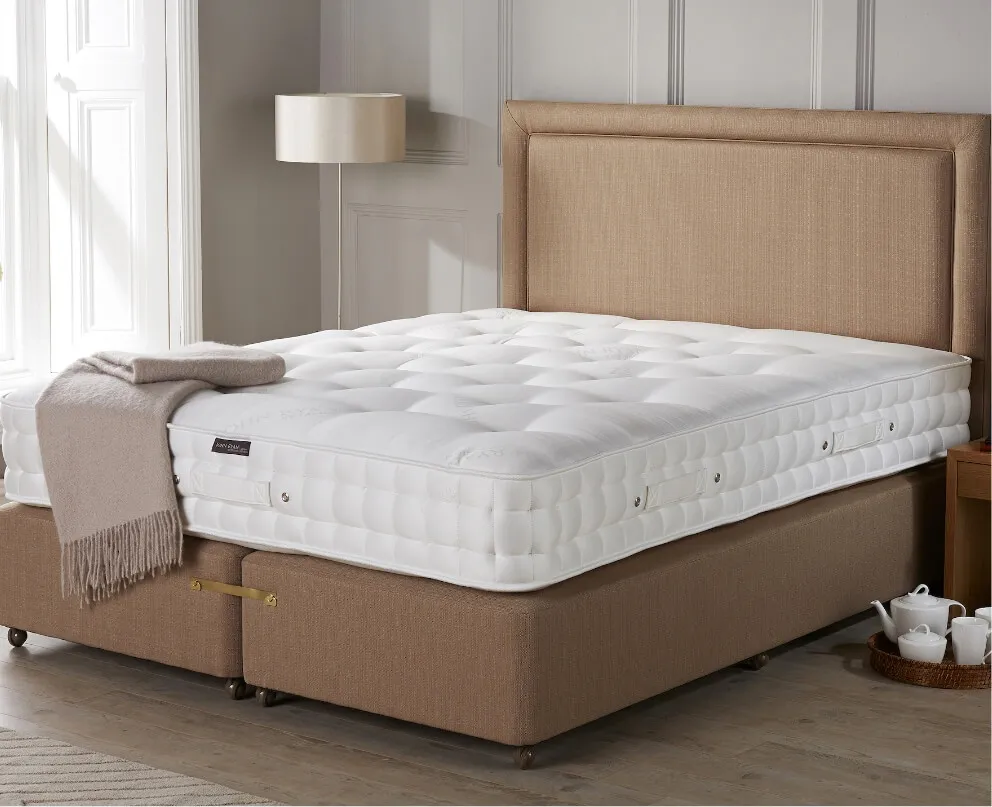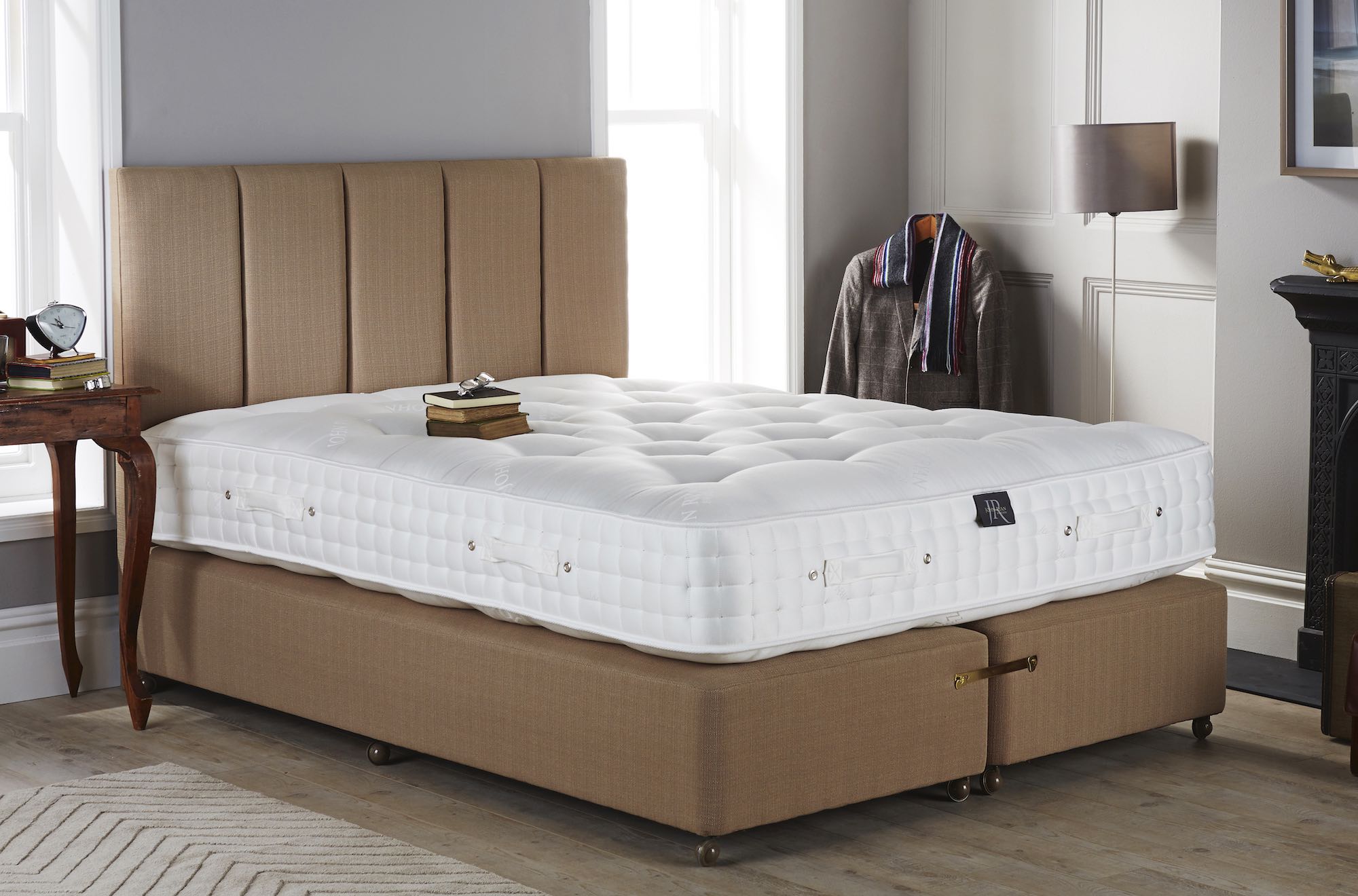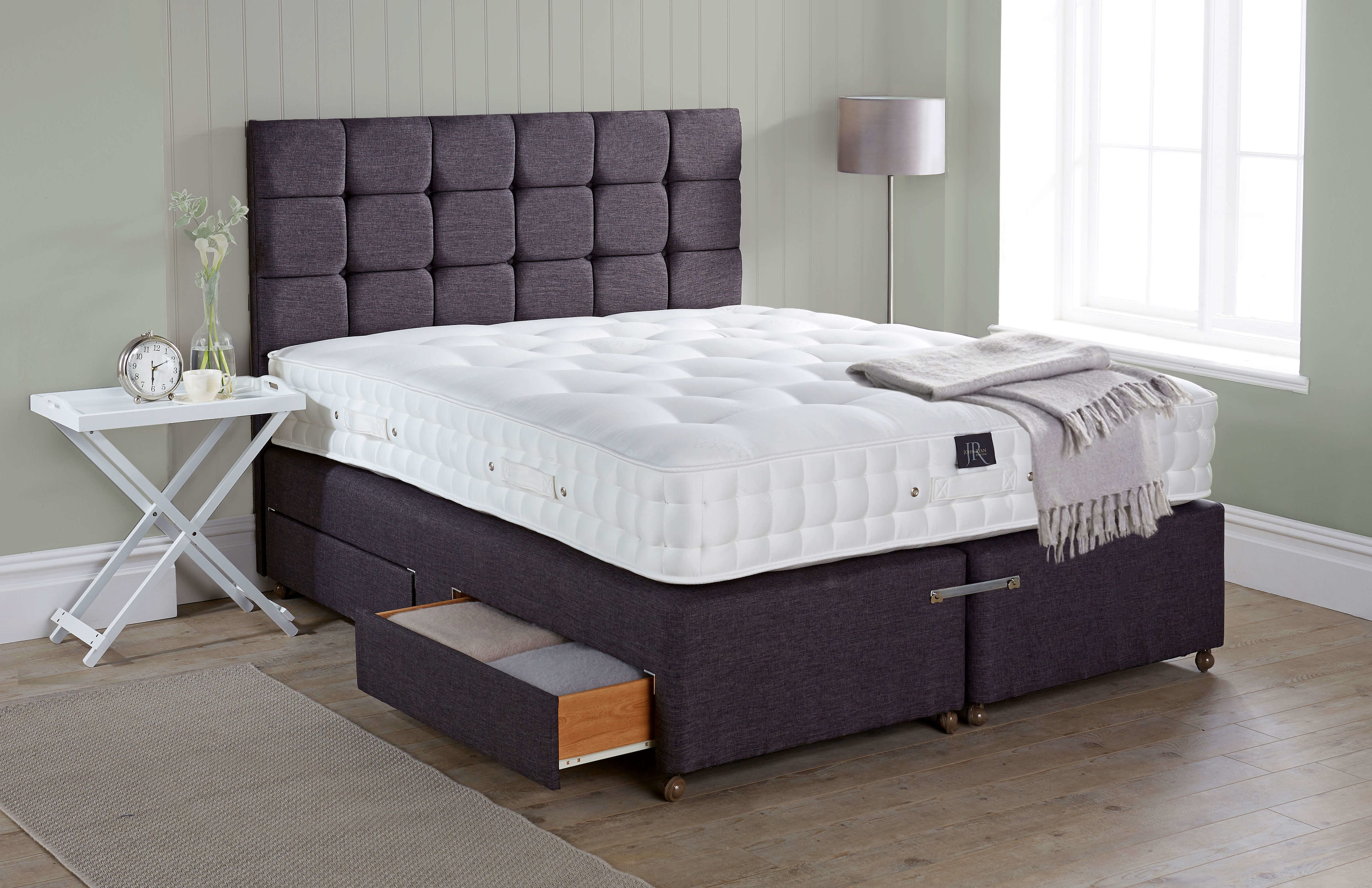Mattress Science
February 2024What's the Best Orthopedic Mattress for Back Pain? Soft or Firm?
Updated 2024: If you’re suffering from a bad back, you’ll know all too well just how much of a nightmare getting a good night’s sleep can be. Recent statistics have shown that around 10% of people suffer from severe back pain in the UK, which can affect their sleep. This guide will help you pick a mattress that will assist in getting a decent night’s sleep if you suffer from back pain.
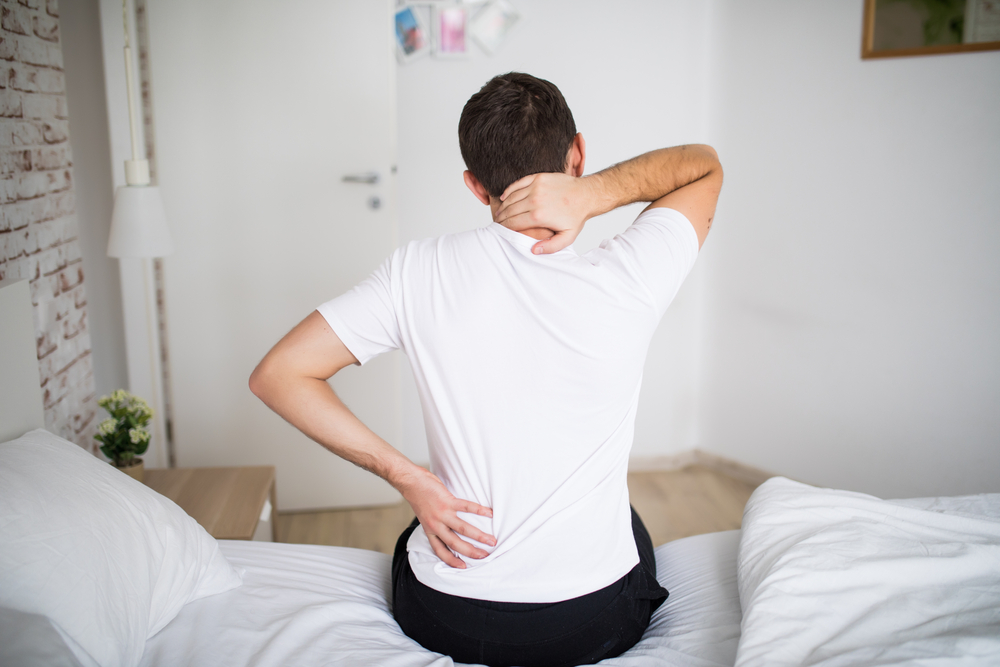
- Is a firm mattress good for your back?
- What is an Orthopaedic mattress?
- What is the best mattress for a bad back?
- How to match body weight and height in a mattress
- Is a memory foam mattress good for a bad back?
- Is a latex mattress suitable for a bad back?
- Chiropractors advice when choosing a mattress
- Zip & Link mattresses can help with a bad back
- Understand your sleeping position
- Check your sleep hygiene
- Get additional medical help
Are firm mattresses good for bad backs?
One statement that seems to haunt us is, “My chiropractor told me to look for an orthopaedic or firm mattress to help my bad back“. We have investigated this to find out why certain Chiropractors recommend firm beds. The response has been that firmness is thought to help support the body.
This is where the confusion starts; firmness and support are two different things when choosing a mattress.
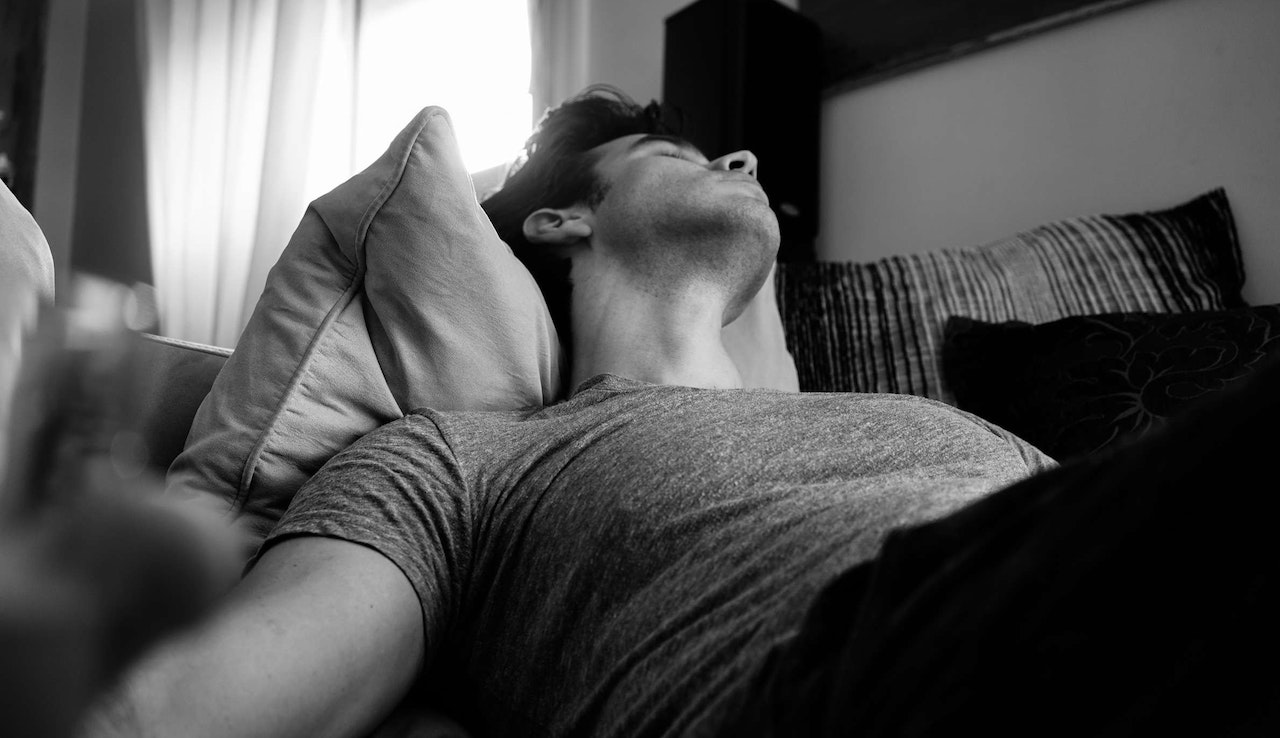
Firmer mattresses are not necessarily better for a bad back.
The British Sleep Council has also confirmed this, being quoted as saying, “Any reference to beds being orthopaedic – or similar medical-sounding terms – does not automatically mean that the bed has been professionally assessed or recommended – it is a term loosely used by manufacturers to refer to extra firm models in their range”.
This leads us to the most important thing you need to know when choosing a mattress for a bad back. Spring tension.
Choose the correct spring tension if you have a bad back
Choosing the correct spring tension for your body weight is essential. All quality mattresses should offer you suitable support for your weight and height. Where most people fail when choosing a mattress for backache is they fail to pick the right spring tension for their body weight.
| Spring Tension | Wire diameter (Gauge) | Weight Range |
|---|---|---|
| Soft | 1.2mm | Bespoke Tension (Please Call) |
| Medium | 1.4mm | Upto 16 stone |
| Firm | 1.6mm | 16 stone plus |
| Extra Firm / Orthopaedic | 1.9mm | 20 stone plus |
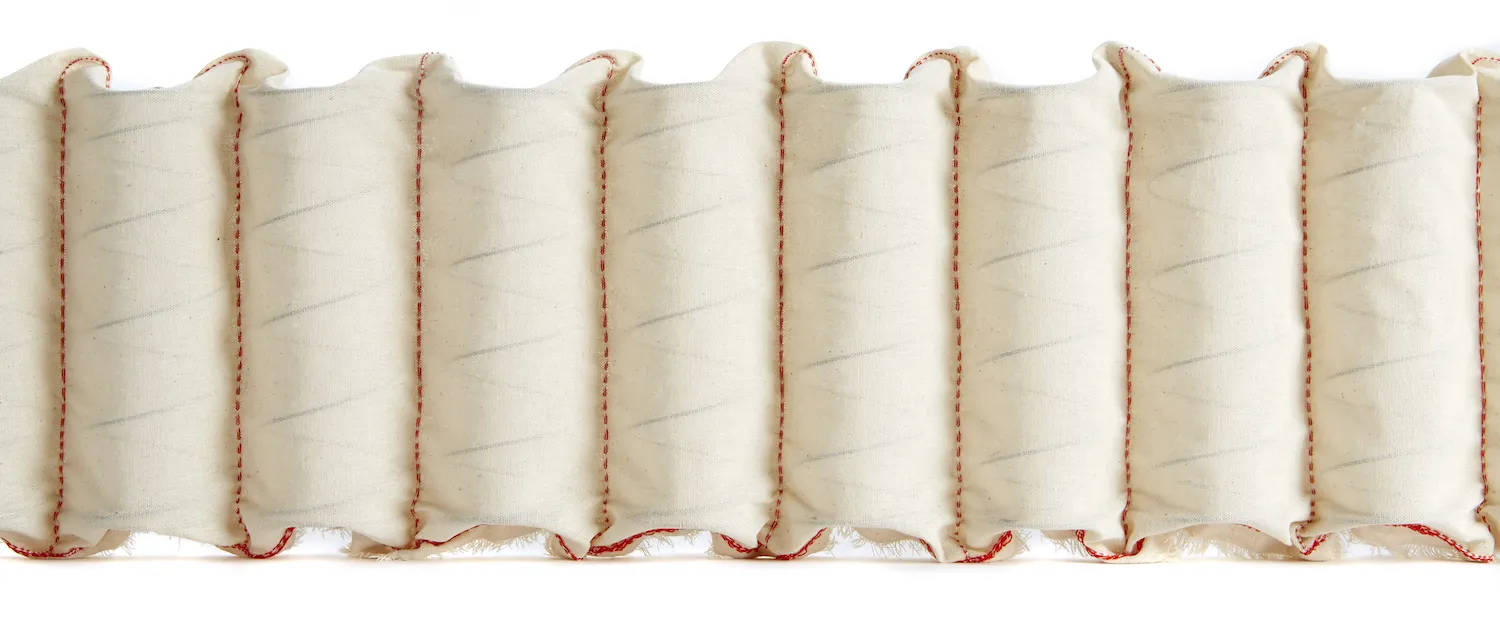
Most retailers give a ‘firmness’ rating but no spring tension.
Let’s explain why firmness and support are two separate choices:
- The firmness is the perceived tension or comfort of the mattress by the sleeper provided by the upholstery not the spring.
- Support is actually dictated by your weight, given that the majority of mattresses are sprung unless you’re looking at a solid core latex or foam mattress. The spring units will have a weight range which they have been designed and manufactured to accommodate.
Any half-decent mattress manufacturer or retailer should be able to tell you exactly what weight range their particular spring tensions are suited for. Unfortunately, they probably won’t have a clue and will just ask you to lie on it, maybe telling you that it’s ‘individual preference’.
A spring unit has to be made with a load-bearing weight in mind; it is fundamental to the laws of physics. If not, the manufacturers are just guessing, and given the multi-million-pound industry that is beds, there’s no way spring manufacturers are going to risk a guess specification.
A good example of spring tolerances is shown in our Artisan range, which comes in 3 different spring tensions, making split tensions and zip and link mattresses truly bespoke. Below is the table showing the weight tolerances of these springs. There is some give and take needed, especially when you’re on the cusp, such as 10-stone sleepers or 16-stone sleepers. This is where our teams’ expert advice can really help you make an informed decision.
What is an Orthopaedic mattress?
An orthopaedic mattress is simply a term the industry came up with years ago to refer to a super firm spring tension or support unit in a mattress.
An orthopaedic mattress is any spring unit that uses a 1.94mm 12 gauge spring. This is the firmest gauge wire you can use in a conventional mattress spring. They are uber firm, very unforgiving, and, in our experience, will only suit a tiny fraction of the bed-buying public.
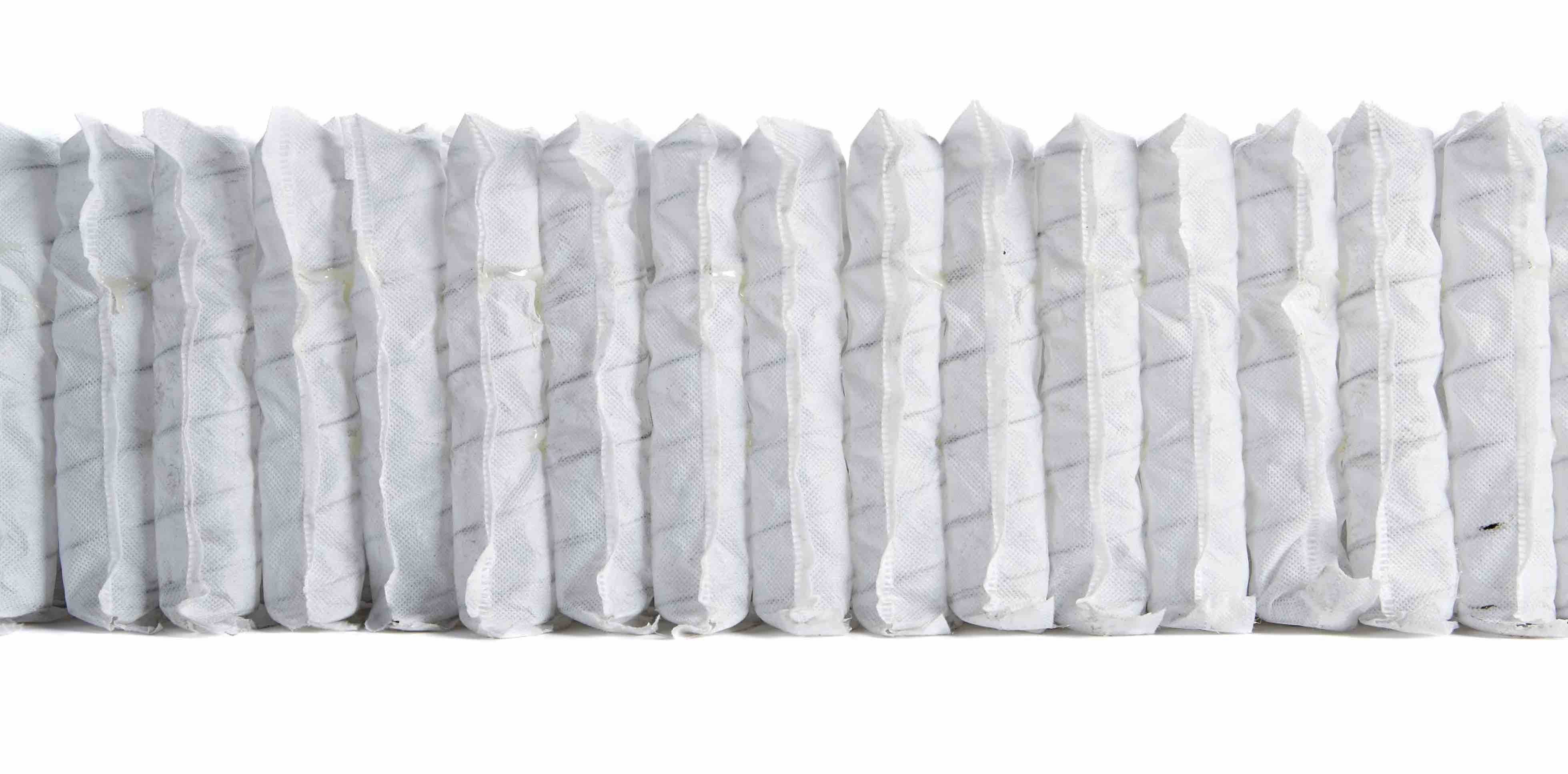
The issue with orthopaedic mattresses is that they have become known as mattresses for bad backs. These orthopaedic models are usually far from suitable for people with backache.
Why are orthopaedic mattresses unsuitable for most people?
They are unsuitable because unless you’re weighing in at the 18 stone plus bracket, the springs will have zero function. They will struggle to compress or offer any give to most sleepers. It’s the equivalent of sleeping on a table for most. You will effectively be making your back conform to the mattress rather than the mattress conforming to your most comfortable natural spine position.
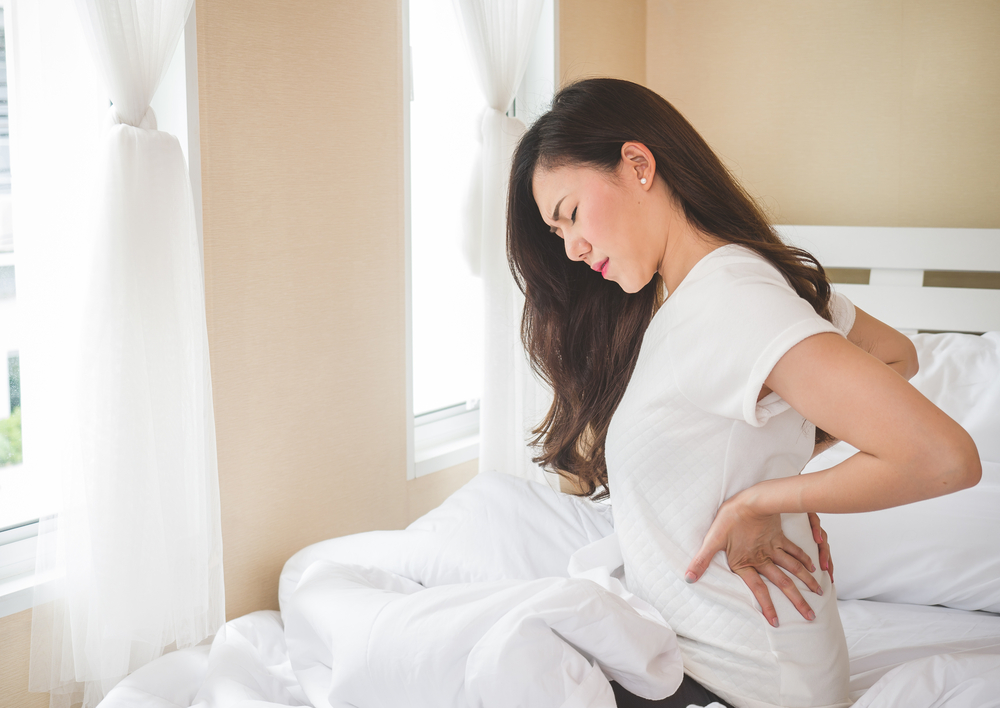
Unless you really like an extra firm sleeping surface with no give, then we advise avoiding Orthopaedic mattresses if you have a bad back.
What if you like a firm mattress?
People who love a firm mattress can achieve the same feeling but with much better, body-specific support, by allowing the upholstery layers to provide the firm feel and not a super rigid spring mechanism.
We list our ranges based on the feel in the upholstery layer and not just on the spring unit, which shows you that you can get that firm feel without crippling your back or settling for a useless heavy gauge support unit.
Our Origins Reflex and Artisan Bespoke are excellent examples of a firmer feel in the upholstery layer whilst having spring units that are forgiving enough to accommodate your weight properly.
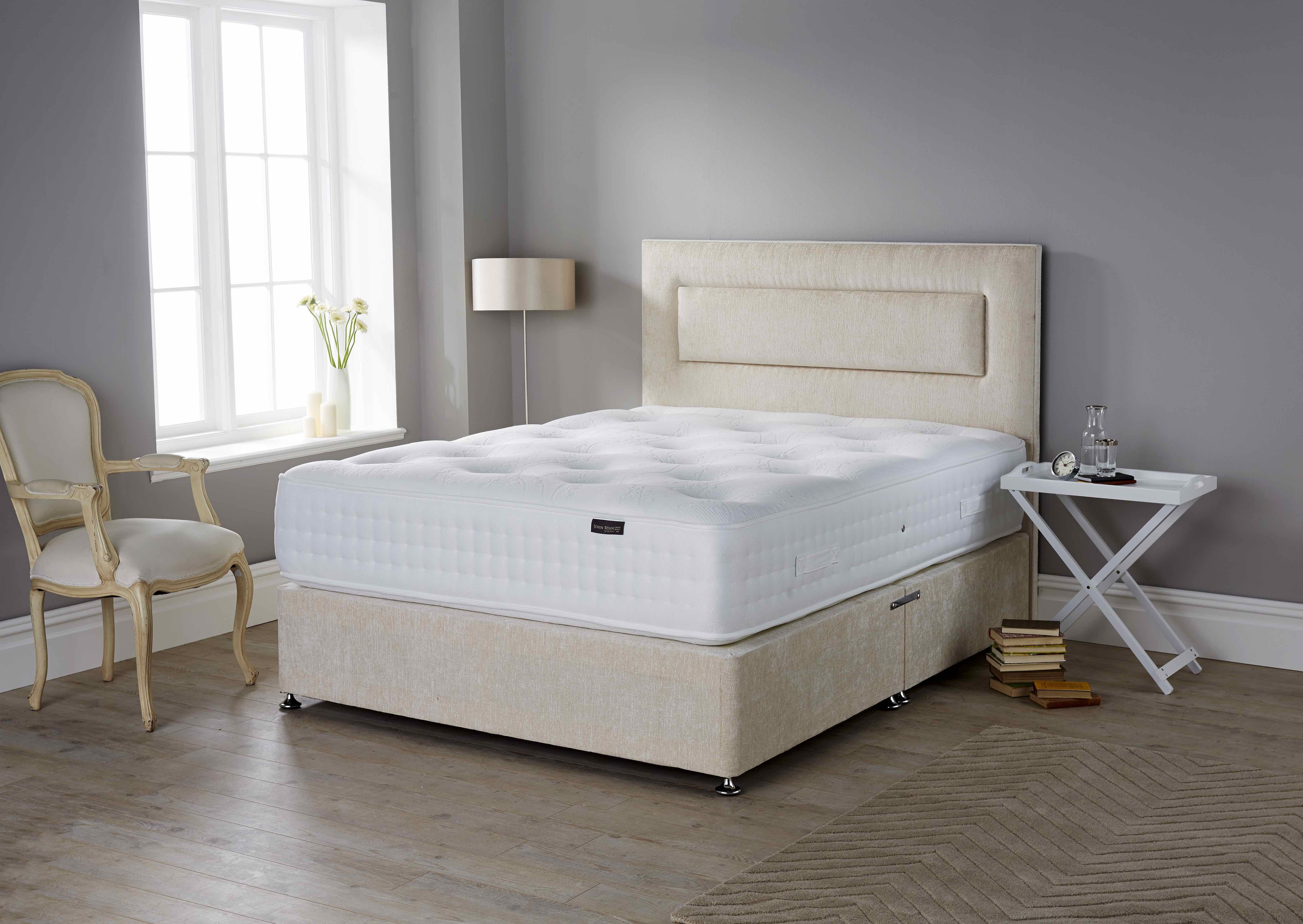
If you’ve got a bad back or back injury you really need to pay attention to the correct support for your bodyweight
Choosing a overly firm mattress can actually make your bad back worse, so always take advice from the experts
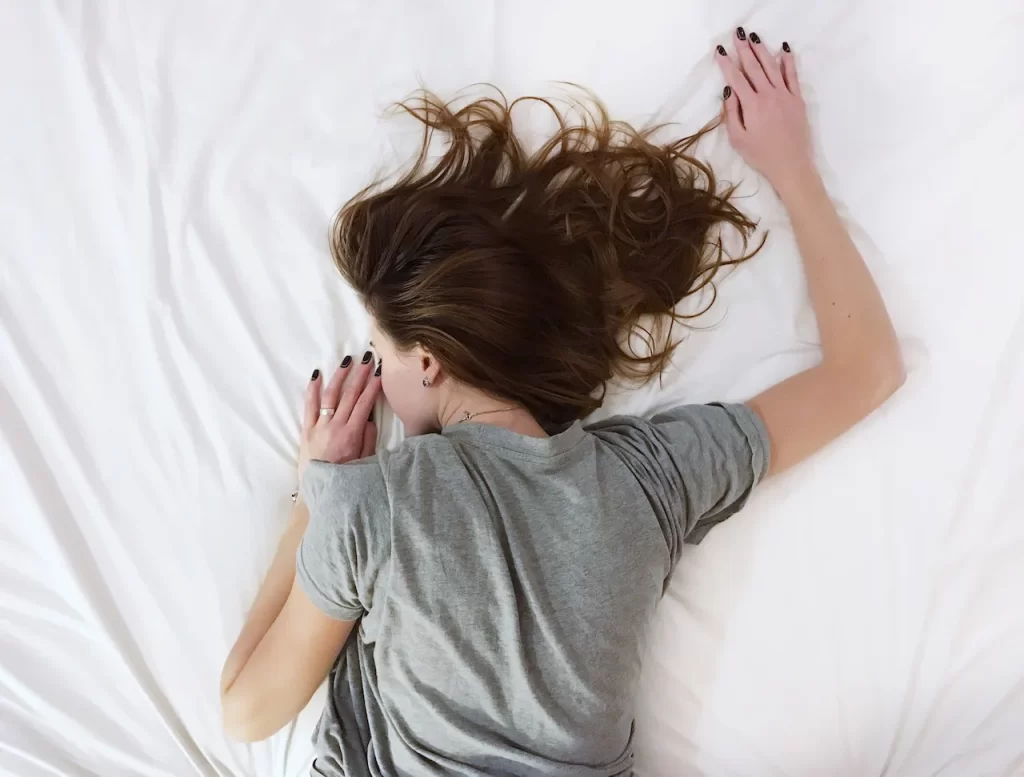

Cage sprung orthopaedic mattresses
One thing to bear in mind is that a lot of orthopaedic mattresses are made of the dreaded cage sprung or open coil spring system.
Avoiding cage-sprung mattresses is essential if you have a bad back.
We have written scathing reviews of these monsters here on the site. You should definitely be asking what type of spring unit you’re looking at if you are adamant that an orthopaedic mattress is the one for you. A number of them are made from cage sprung support units as they are cheap, easy to make, and can utilise very thick wires with much less precision and skill than a pocket spring unit can.
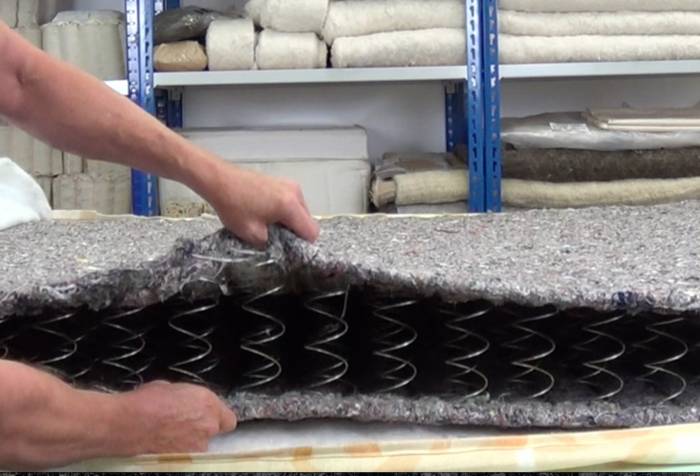
What is the best mattress for a bad back?
If you have a bad back and are struggling to sleep, this is usually because the mattress you have is aggravating your spine issues. ie your current mattress is not suitable. The best mattress you can choose if you have a bad back is one that can be customised to your body weight and sleeping requirements. This means a pocket sprung and upholstered mattress. These types of the mattress have the most variables, so you have a far better choice when finding a truly suitable mattress for your particular bad back.
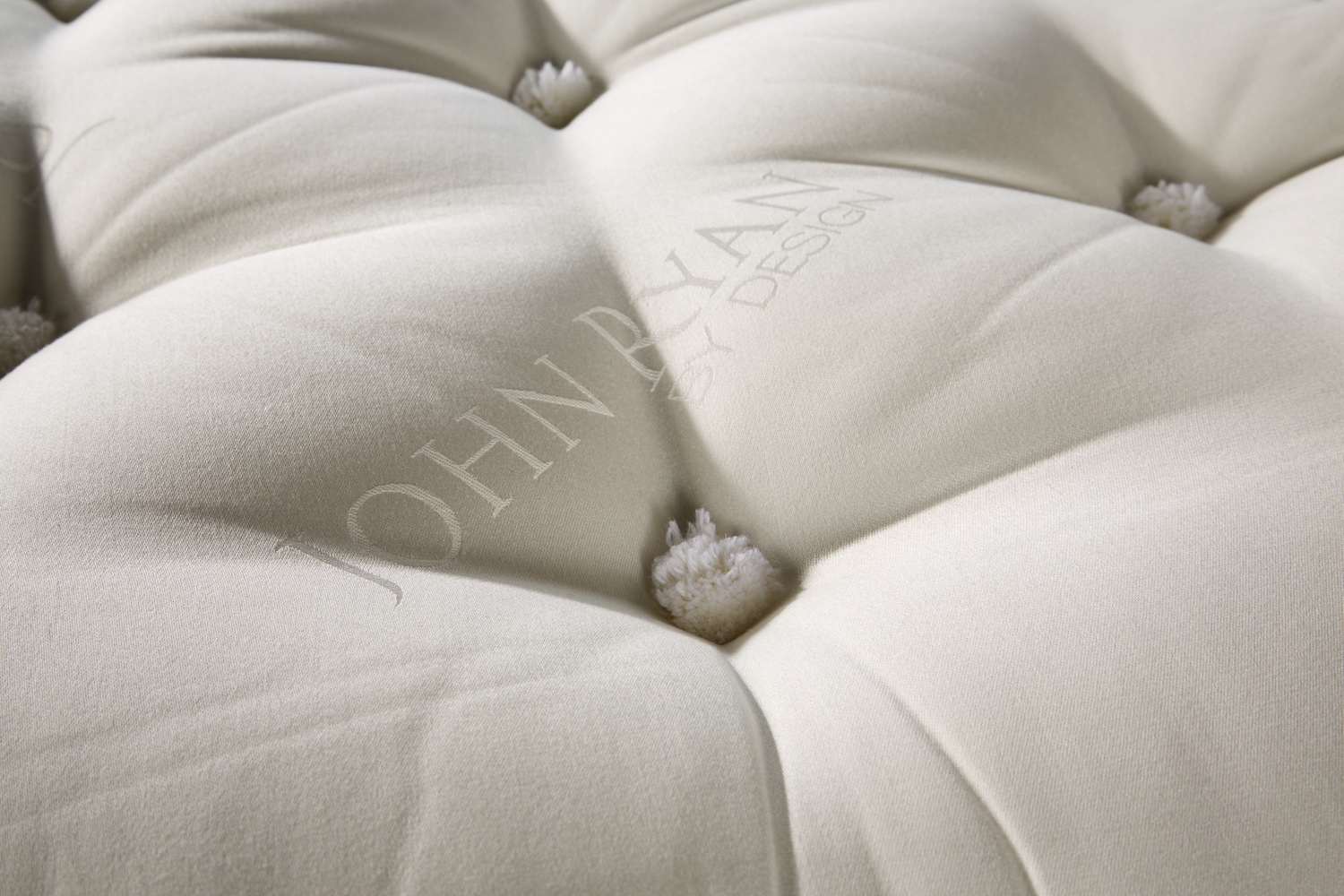
If you have a bad back, the best mattress for this is one that has the following properties:
- The correct spring tension/gauge for your body weight
- Enough comfort layers to allow some sink in the top layer
- A pocket spring unit that can individually contour to you
- Limited transference (ie movement) when your partner or you move to limit disturbance
- A natural fibre mattress that is breathable to avoid overheating
- A two-sided mattress model so you can turn it and even out settlement (avoiding dips)
For people struggling with back pain, we have two models that we advise you to look at first. These models have both the necessary support and comfort layers for people who suffer from bad backs.
The Origins 1500 mattress for a Bad Back
Below is our best-selling Origins model, which is ideal for sleepers with back problems. It provides a medium feel in the upholstery layers and is a great allrounder for anyone looking for a supportive yet forgiving sleep.
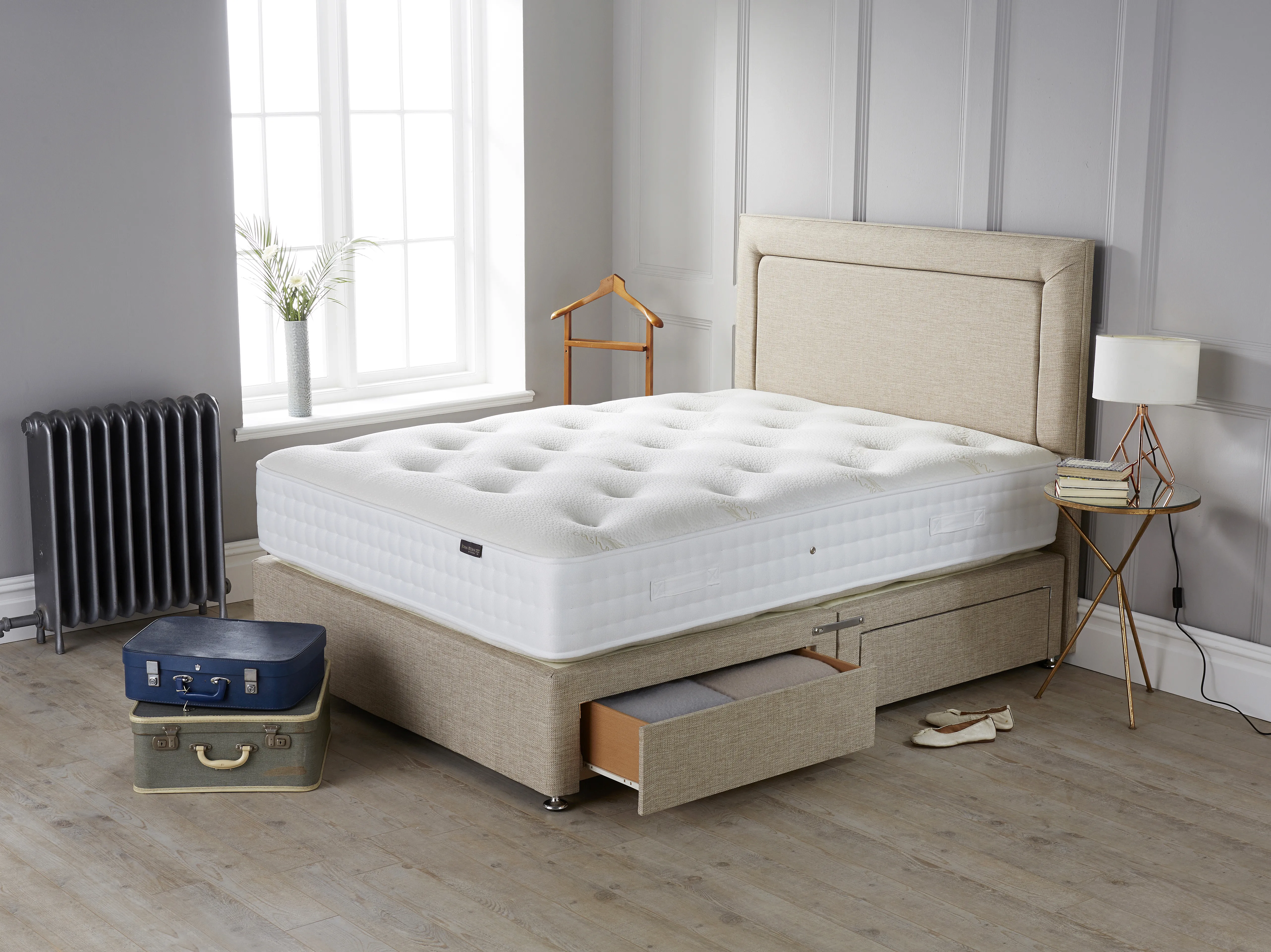
The Artisan Naturals mattress for back pain
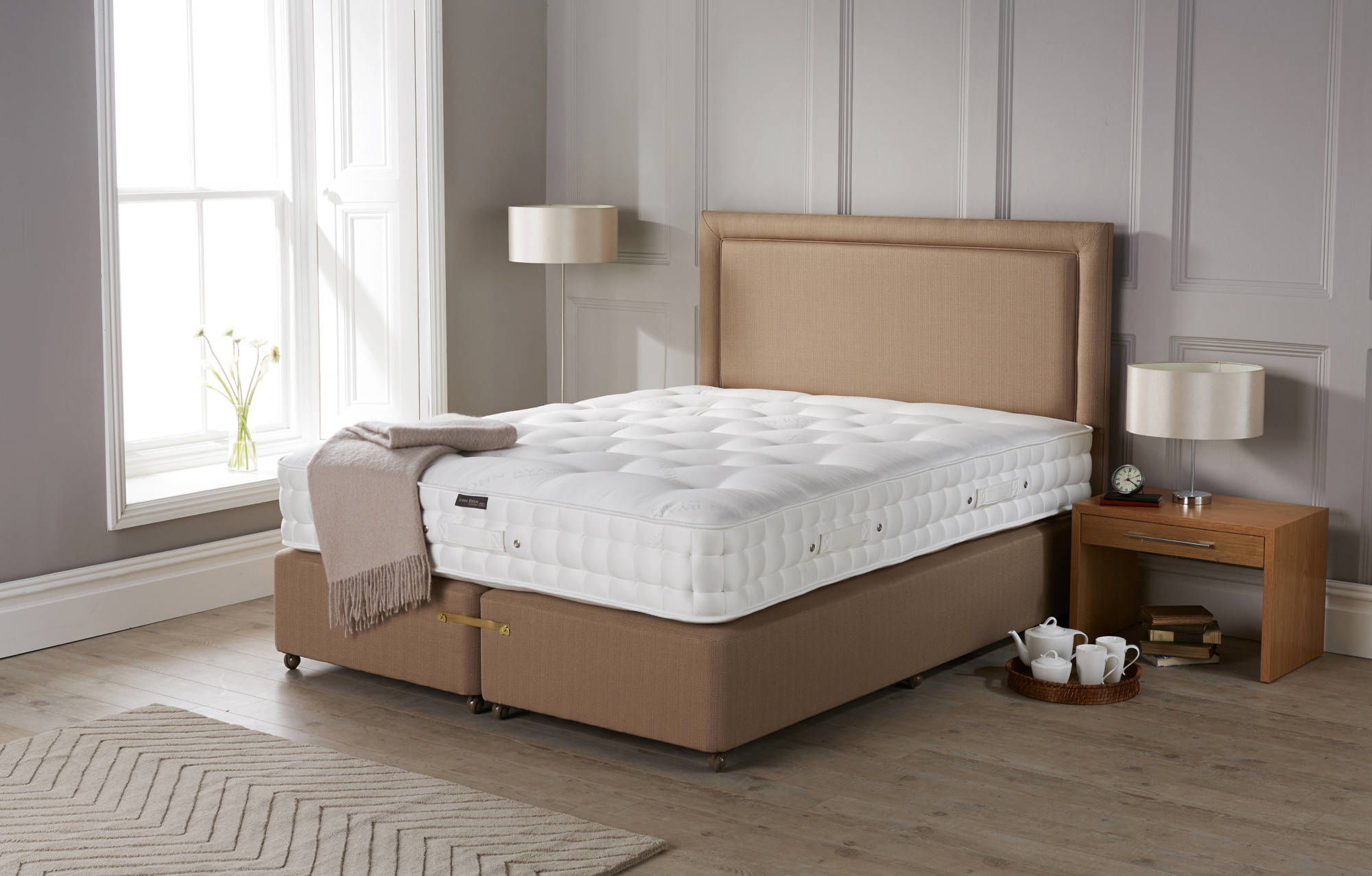
Our Artisan Naturals mattress comes in three different spring tensions, depending on your weight. It contains 85% Natural Fibre as is an excellent choice for people suffering from bad backs. It can be tailored for differently weighted sleepers or made in a zip and link tension to reduce movement from two sleepers.
Matching body weight & height to a mattress is essential
What this advice also completely fails to mention is body weight and height, which are essential to working out the support needed.
You need to choose a mattress specifically suitable for you; by matching your weight, height and comfort preferences to potential mattress choices.
| Bodyweight | Spring tension |
|---|---|
| Upto 16 Stone / 50-101kg | Medium (1.4mm) |
| 16 Stone / 101kg Upwards | Firm (1.6mm) |
| Available in Bespoke Products (Please Call) | Soft (1.2mm) |
Each person will have a preferred tension of their mattress, some like it soft some firmer in the top upholstery layers.
What’s essential is that there is adequate support for your weight. That the pocket springs are not so firm that your body weight doesn’t even utilise them, or that the springs are so soft that they compress too quickly. It’s a fine balancing act, which is where we come in to help guide you based on our mattress design experience.
If we can tell you anything, it is to forget the firm/orthopaedic advice when it comes to bad backs because this old wives’ tale may end up making your sleep experience worse!
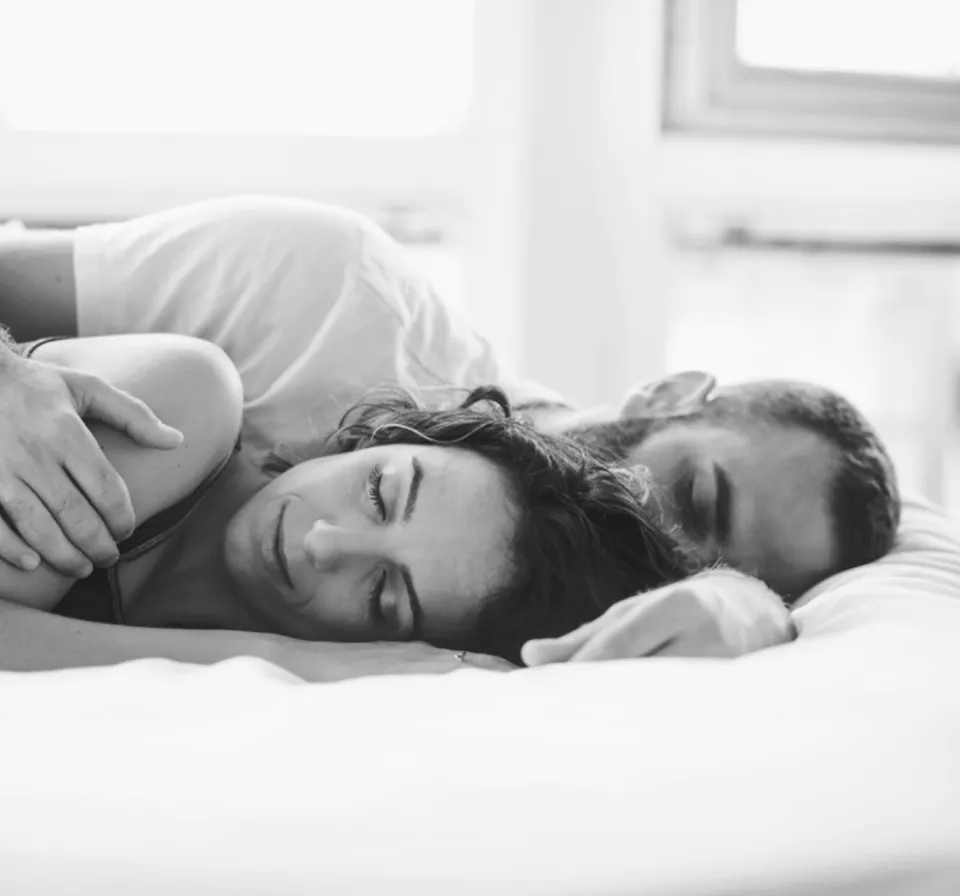
A good example of this is taking the example of an 18-stone sleeper. Without their height, you look at the spring tolerances and immediately choose a firm spring unit. However, if you then find out the 18 stone sleeper is 6ft 6, this may be the wrong spring tension as their body weight is far spread out compared to someone who is 5ft 5. So they may actually require a medium spring tension. This is where expert advice can really save you some costly mistakes.
Is a memory foam mattress good for a bad back?
This is a hotly debated question and it really depends on how well you get on with the properties of man-made synthetic memory foam in bed.
Memory foam really polarises opinions with people either loving or hating it given its heat retention issues.

Memory foam has the following properties which can aggravate people who have a bad back or backache:
- Memory foam holds you in one position during the night
- Memory foam is slow to respond, so it can be painful/difficult to turn with a bad back
- Memory foams very heat retentive which can lead to further discomfort in bed
- Memory foam mattresses don’t offer tailored support based on your body weight like a pocket spring mattress
We advise that a memory foam mattress topper on top of a sprung mattress is a better option, as this allows the mattress to be tailored to your bodyweight. It also helps the mattress to respond quickly to your movements during the night.
For most people, a memory foam mattress is not the best choice if you have a bad back or back pain.
Is a latex mattress good for a bad back?
Latex is the most progressive of mattress materials and can be a fantastic option for people with back issues. People with bad backs tell us they want a mattress that contours to them whilst giving support and latex is brilliant at this.
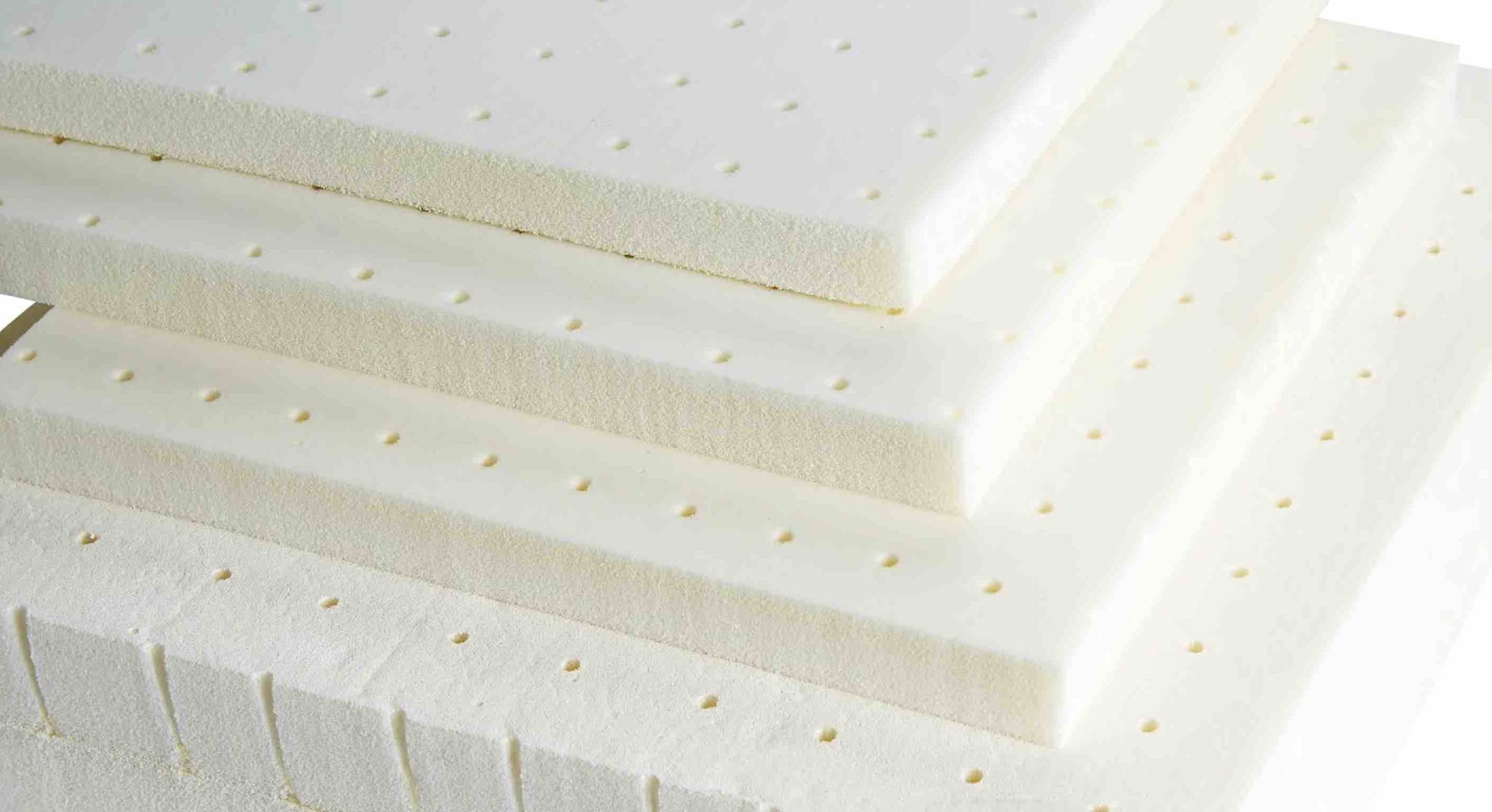
Latex mattresses also have an incredible rebound rate, unlike memory foam, so return to their original position almost immediately when you turn over. However, they do have a very different feel to say a traditional mattress so we always advise you try one out first or really do your research given they feel very responsive. Learn more about latex here.
Latex mattresses have the following benefits for people with bad backs:
- Fast to respond if you need to turn
- Less heat retention than memory foam
- Progressive comfort is particularly good for pressure points
- Highly responsive compared to slow memory foam
- Breathable, unlike memory foam
- Different densities make them ideal for tailored mattress support
Our Fusion latex range, for example, is suitable for people looking for relief from bad backs, hips, aches, and pains.
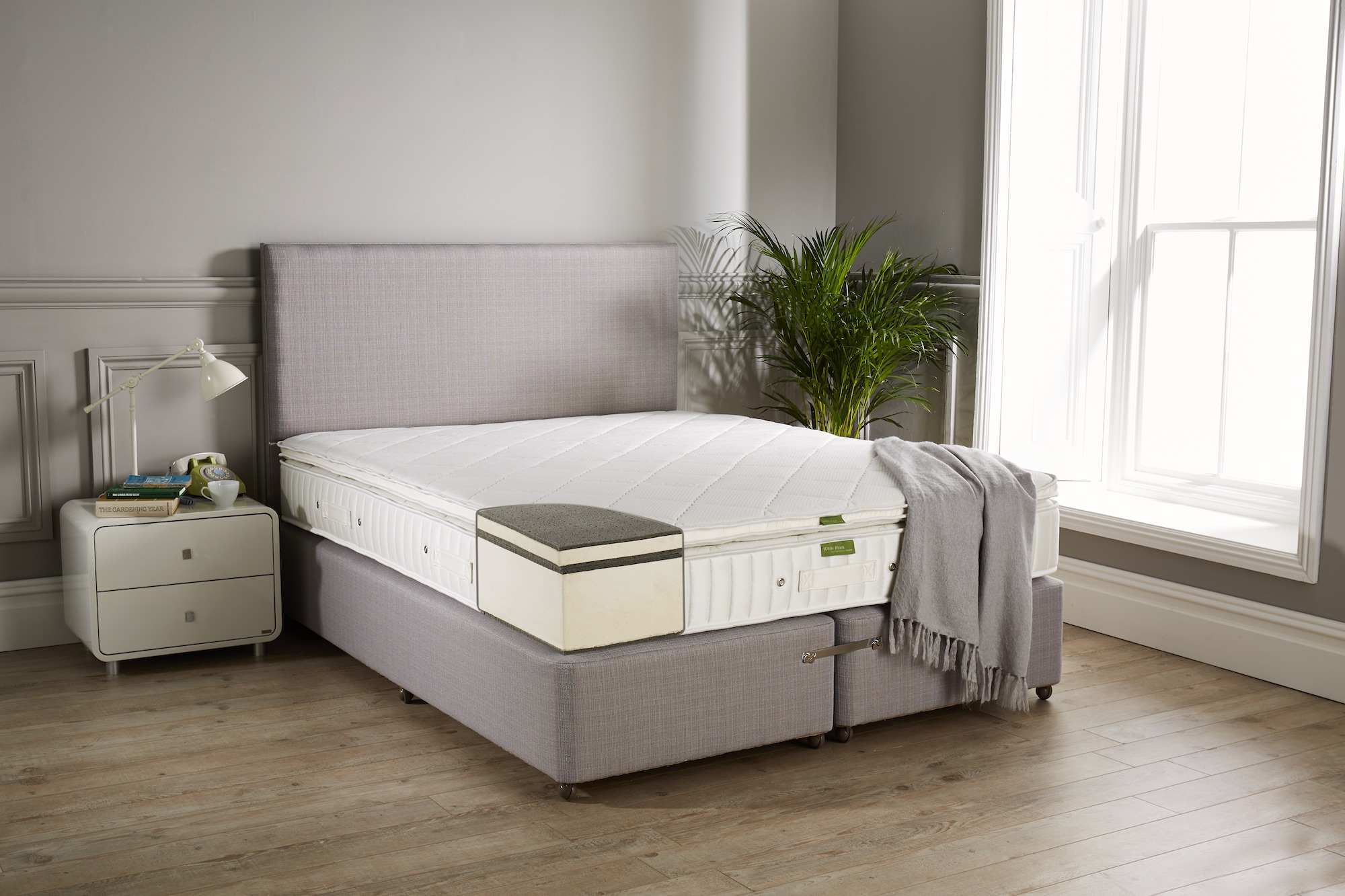
Chiropractors mattress buying advice
We have dug a bit deeper to help you find some useful advice. The British Chiropractic Association (BCA) has published advice on bed buying which is much more suitable than the ‘firm orthopaedic bed’ mattress guidance.
A mattress for any back ailment should be supportive and comfortable for the sleeper.
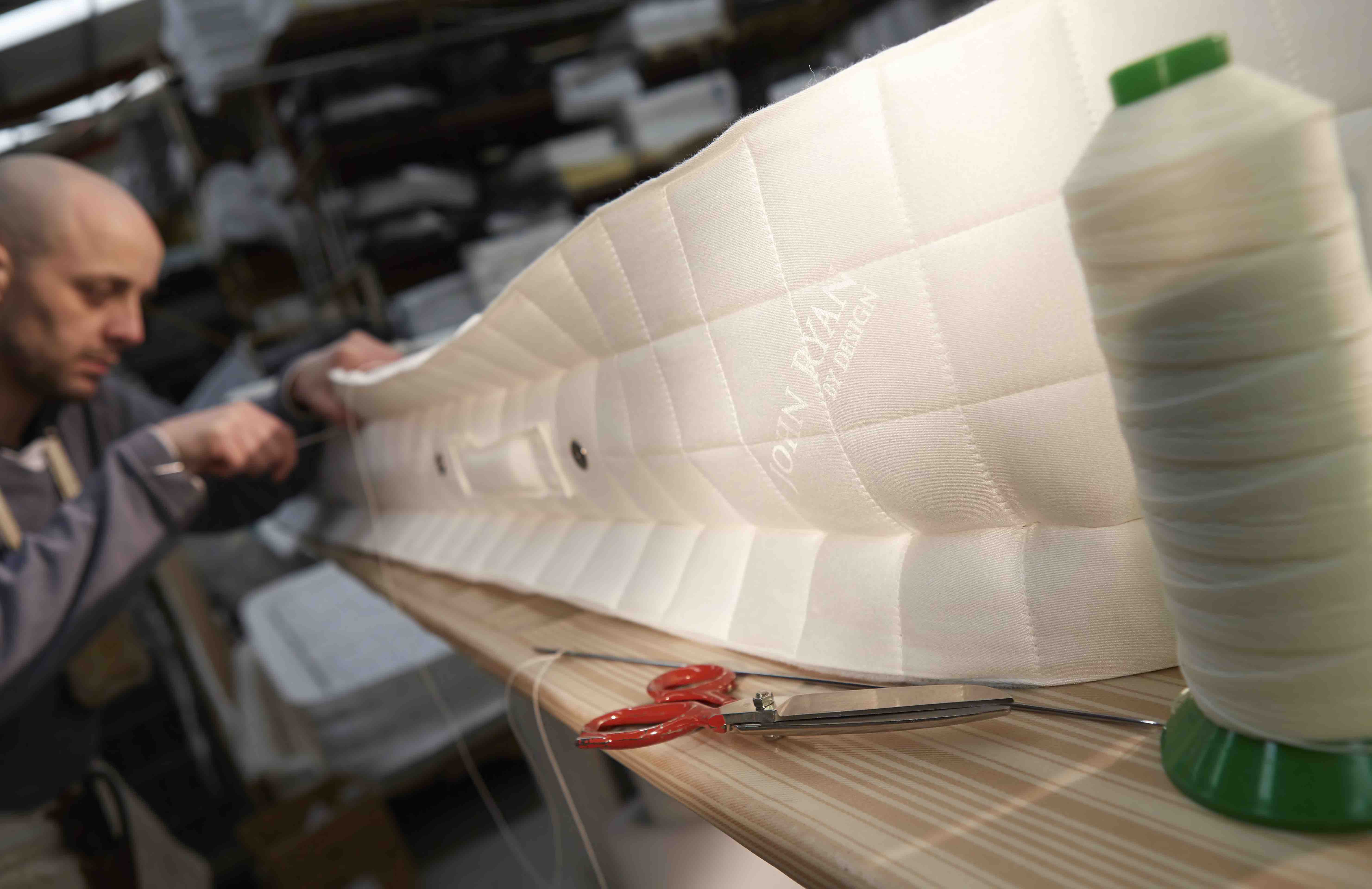
It asks you to take into consideration your preference and any additional sleepers you share your bed with. Advising that a zip and link dual tension mattress may be suitable to enable both sleepers to get a mattress that matches their preference.
The British Chiropractors Association Mattress Buying advice is as follows:
- Choose a mattress that offers you support based on your weight
- The spine should be in alignment when you’re lying on the mattress – i.e. no spine sagging (potentially too soft a mattress) or bowing (potentially too firm a mattress)
- A pillow should be an extension of the spine alignment, allowing the neck to be in line with the spine
- Always shop with any partner you share the bed with, considering a split tension mattress if need be, such as a zip and link.
- Take your time lying for as long as you can on a mattress if you’re trying one in a shop
- Download the BCP Mind Your Posture: Buying a bed guide here
Zip and Link Beds for Bad Backs
Zip and link mattresses can be an excellent option if you’re a sleeper with a bad back. Zip and links are particularly useful for differently weighted sleepers.
So if you and your partner need different spring tensions then a zip link mattress is ideal.
This means that you and your sleeping partner don’t need to compromise when choosing a mattress for a bad back.
A zip link mattress can give you both a tailored support unit, making for a far more comfortable night’s sleep if you have backache or back pain.
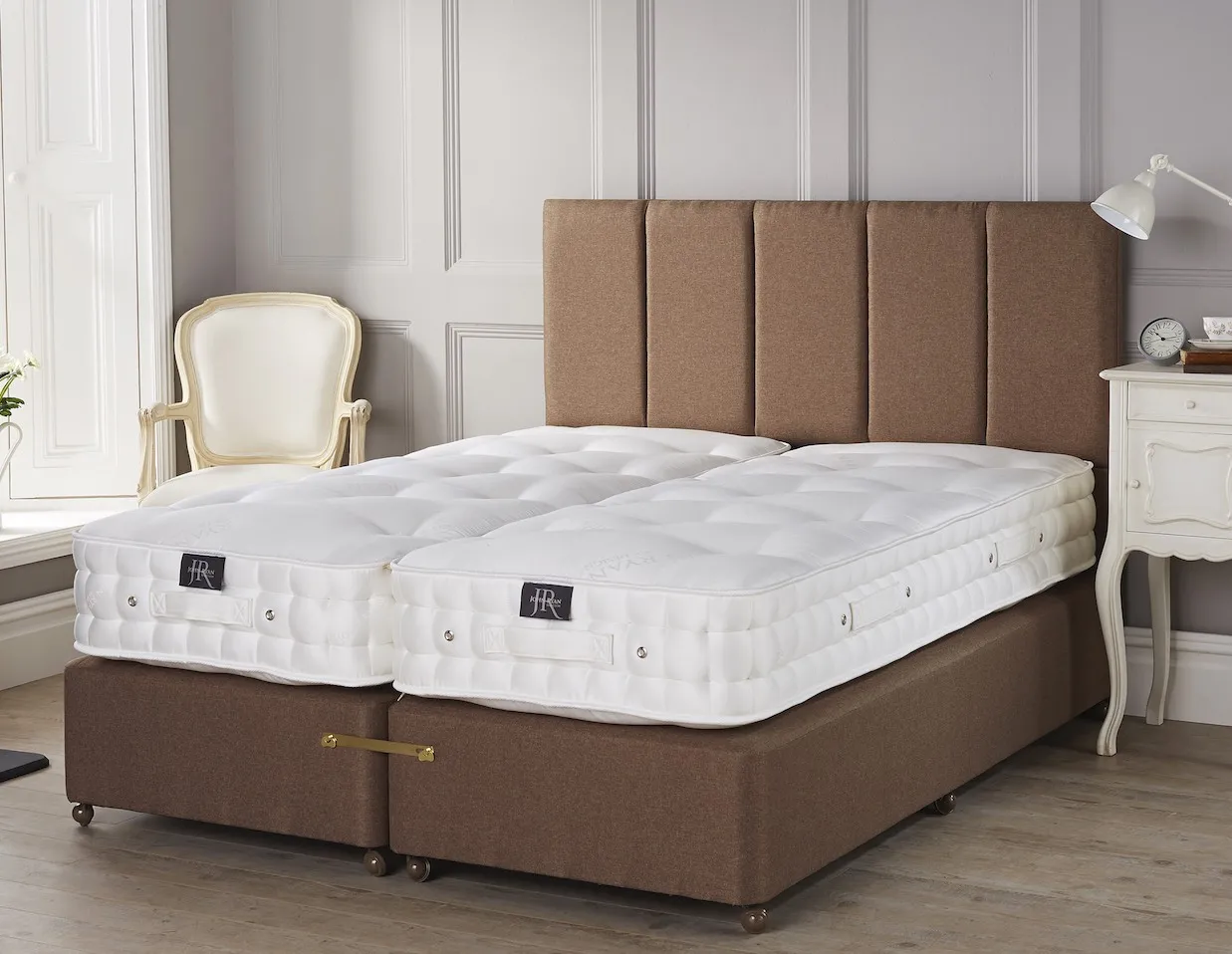
Is Your Mattress Suitable for Your Sleeping Position?
Another niggle with choosing a mattress for a bad back is your sleeping position, which in turn will affect whether you prefer a Soft, Medium or Firm comfort layer in your mattress.
Different sleeping positions require different support and comfort layers from your upholstery, so it’s a good idea to try and identify these when shopping for a mattress.
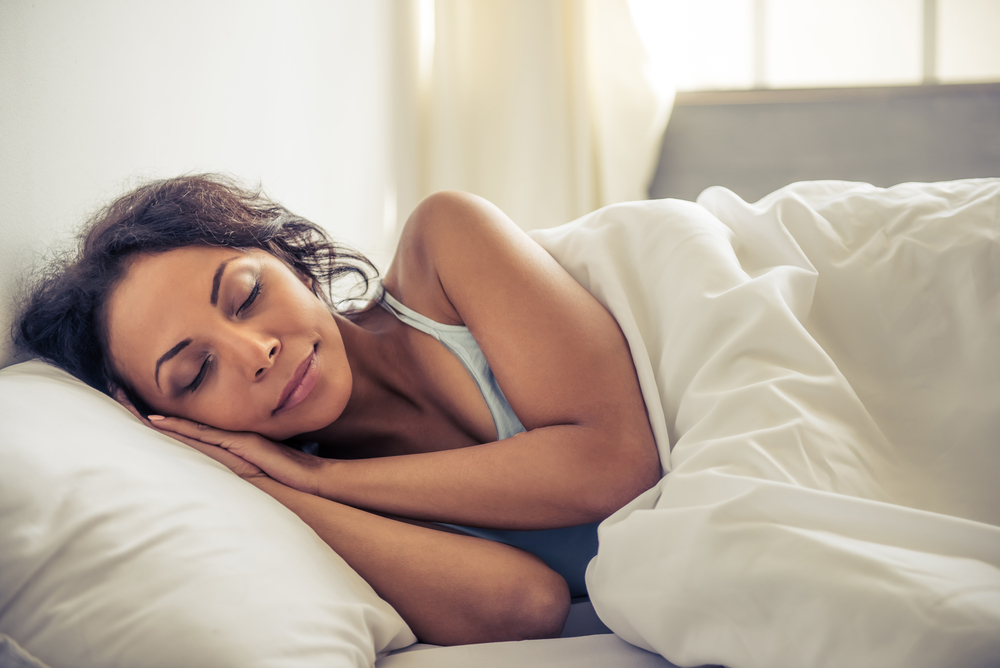
Each type of sleeping position requires different comfort layer combinations to help prevent back or hip pain during the night.
Most people fail to realise that your sleeping position can directly inform the types of bed fibres you will need to sleep comfortably. This leads to picking the wrong mattress, which can lead to back issues.
To help you work out what kind of upholstery you may need, we have some guidance below.
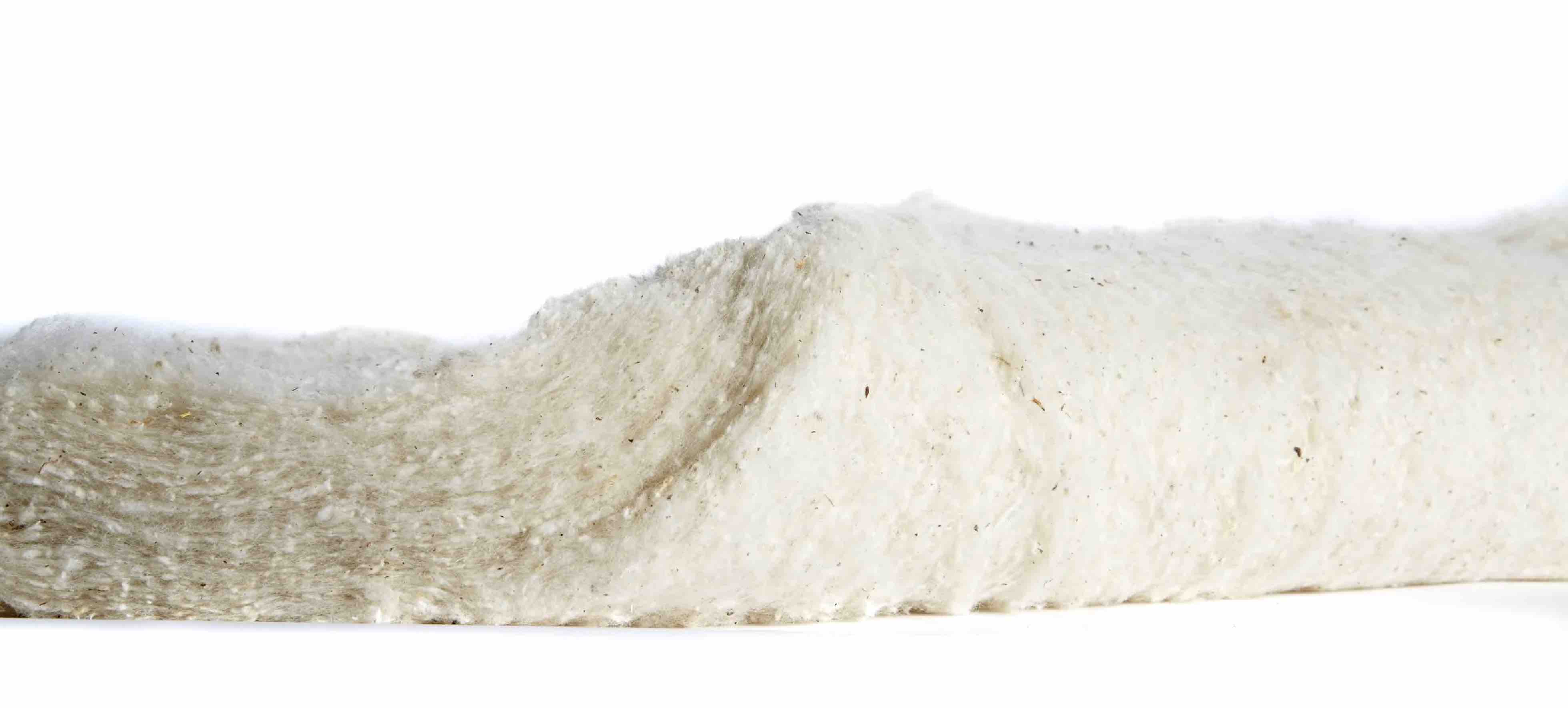
Side Sleepers
Given you’re putting most of your pressure into a more targetted area, such as hips and shoulders, then a softer set of upholstery is usually preferable for side sleepers to enable you to align your spine properly.
Most people don’t realise this, but try adding a topper to your mattress if you’re a side sleeper to notice the positive difference it can make. Softer fibres include Wool, Alpaca, Cotton and Bamboo.
View our Artisan Naturals mattress for a supportive yet forgiving mattress for a side sleeper.
Back Sleepers
Usually, a firmer feel in the upholstery layer is best for back sleepers to keep your shoulders in line with each other.
For a back sleeper, the correct spring tension is really important to enable consistency for a level sleeping surface. Too firm a spring can mean that your back ends up conforming to the spring unit when it should be the spring unit that conforms to you! Firmer fibres include Horsetail, Coir and Flax.
View our Artisan Bespoke mattress for a firmer feel in the upholstery layer, perfect for back sleepers.
Stomach Sleepers
Stomach sleeping is one of the rarest positions. A medium-soft feel in the upholstery layer is advisable for stomach sleepers. So that your stomach and chest can sink slightly into the mattress whilst keeping your back in alignment.
If you choose to firm a mattress, it can cause an arch in your spine, making your sleep even worse. Medium feel fibres, including Mohair, Cashmere, and Polycotton, are suitable for front sleepers.
Our Artisan Latex mattress is perfect for those rare stomach sleepers who need a high level of support but with forgiving comfort layers.
Have You Been Following Good Sleep Hygiene?
Trouble sleeping with a bad back can also be made worse by poor sleep hygiene and disjointed bedtime routines.
Once you’ve taken the time to ensure that your mattress has both the correct spring tension for your bodyweight and upholstery layers for your sleeping position, it’s time to make sure your bedtime routine is conducive to sleep!
It may sound obvious, but try following the points below to make sure that you can experience the best night’s sleep possible:
- Avoid caffeine two hours before bed.
- Sleep at regular times.
- Switch off your gadgets.
- Avoid eating late at night.
- Hot baths can help you sleep better.
- Free your mind by making lists of to-dos.
- Practice meditation or mindfulness in the evening.
Have You Been to See a Doctor?
Lastly, there’s no better advice than making sure you go to see a medical professional if you’re experiencing backaches and pains.
 It’s important to make sure that any chronic pain conditions or other back illnesses are correctly diagnosed. Choosing the correct mattress is only part of the solution when sleeping with a bad back, so always seek medical help too.
It’s important to make sure that any chronic pain conditions or other back illnesses are correctly diagnosed. Choosing the correct mattress is only part of the solution when sleeping with a bad back, so always seek medical help too.
Summary
Choosing the best mattress for a bad back is possible if you spend some time doing your research as to the most customisable mattress for your requirements. That said we must also advise that there is sometimes no miracle cure for a bad back, achy hip or shoulder.
What you can do is choose a bed that will do its best to support and reduce this. Any advice that a good bed will completely fix your bad back should be treated with caution by other mattress sites. Many of our customers have responded that our advice has improved their comfort and quality of sleep.
Visit our Ask a question section on bad backs here or get in touch with our small expert team on 0161 437 4419 to assist you with any queries about mattresses suitable for back pain.
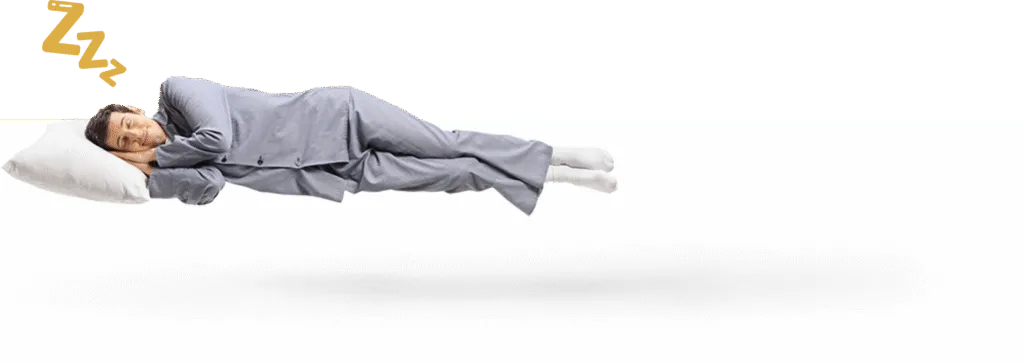
Dreaming of the perfect nights sleep?
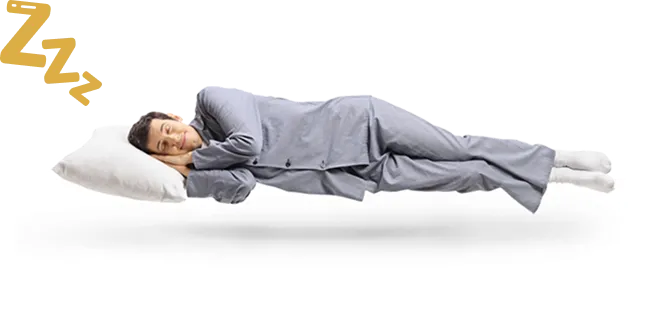
Ask us a question
There are over 6000 questions and answers submitted by you on all questions about mattresses and bed problems. Enter a keyword such as Vi Spring, John Lewis beds, bad back or Memory Foam and see if your question has already been answered.
If you can’t find an answer in knowledge hub, ask a new question. We aim to respond to all questions within one working day.
Newsletter
Enter your email to join our newsletter. We’ll send you occasional news and mattress expertise.

